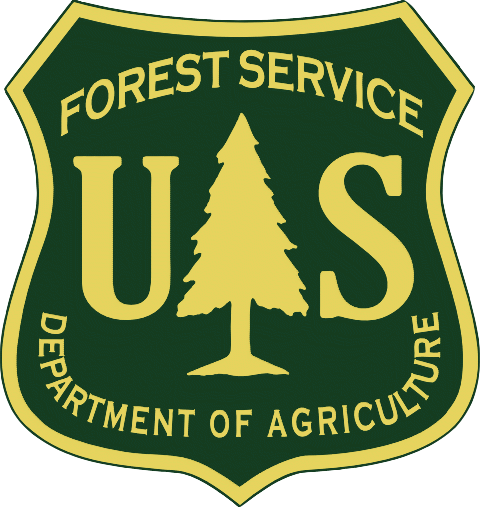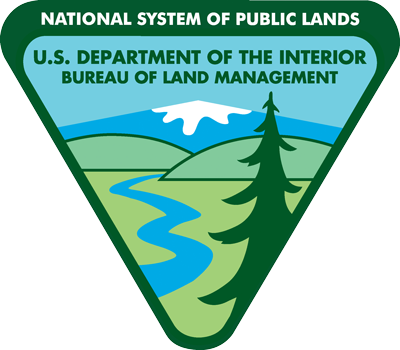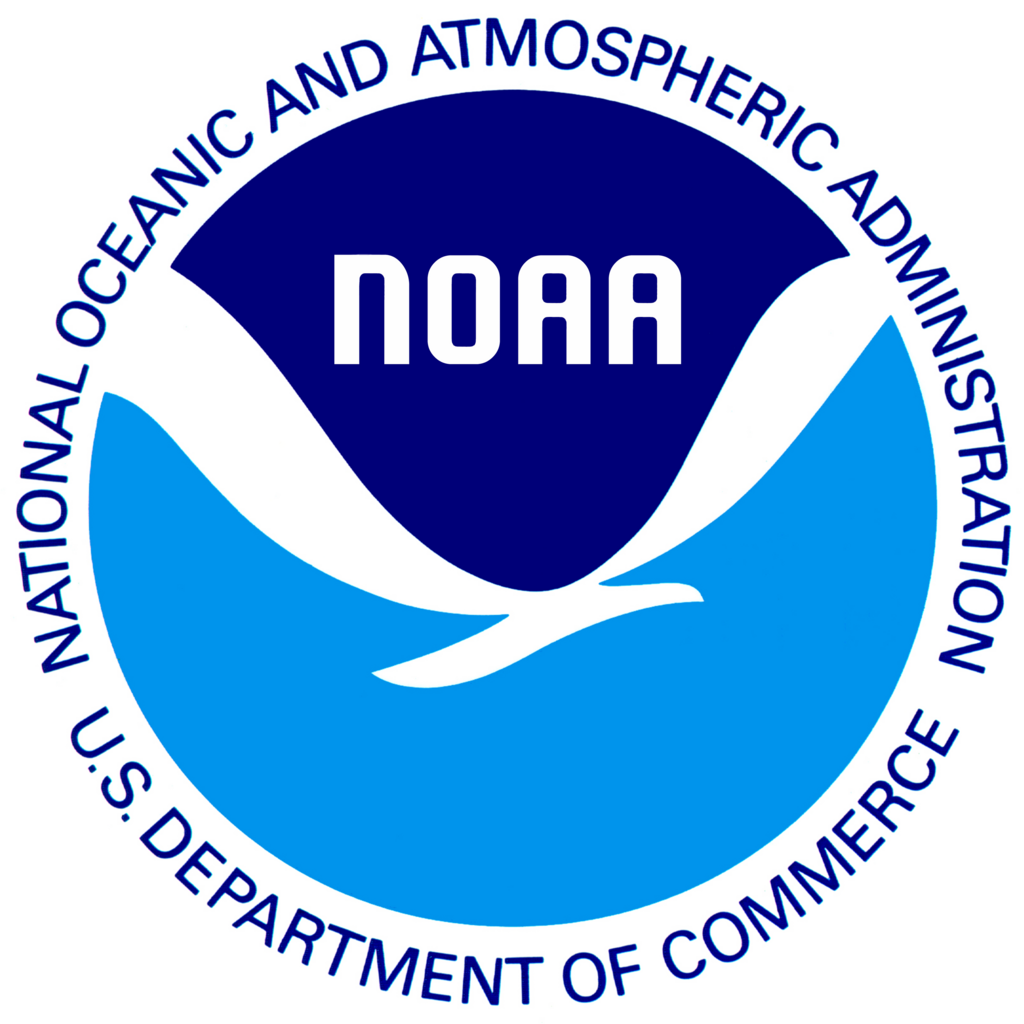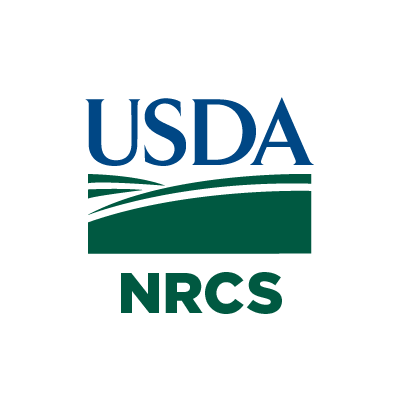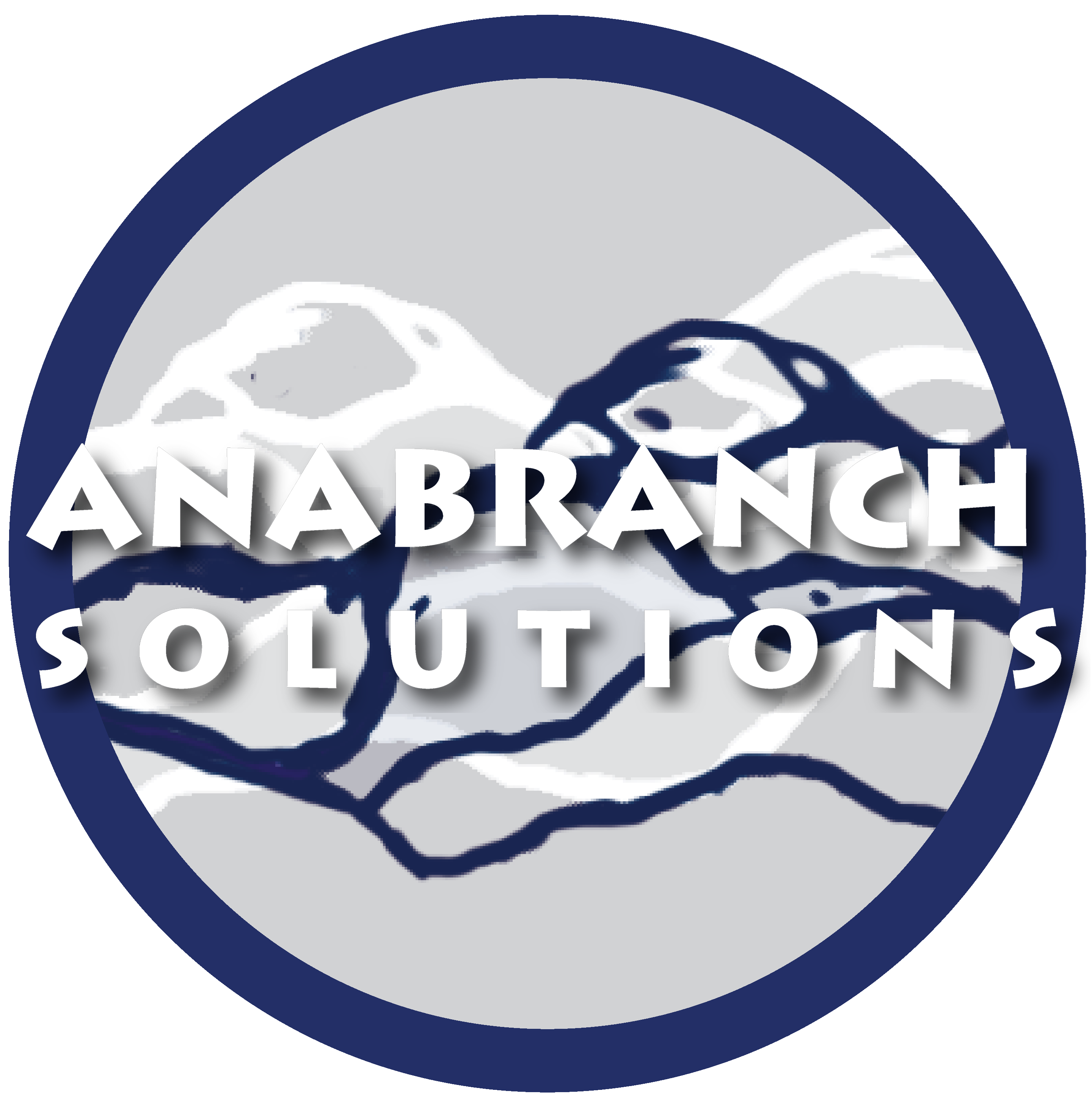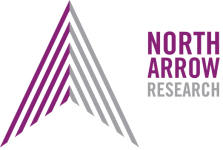About Riverscapes Studio
QGIS Riverscapes Studio or QRiS (pronounced curious) is a flagship, professional-grade tool of the Riverscapes Consortium. This free, open-source software is available to anyone interested in understanding and analyzing riverscapes. It helps users with analysis, monitoring, and assessment of riverscapes, and the preparation of designs and as-builts for low-tech process-based restoration projects.
Funding
We are grateful for the early support of Bureau of Land Management, the US Forest Service, NOAA Fisheries, NRCS Working Lands for Wildlife and Anabranch Solutions who not only developed the vision behind QRiS, but provided the resources to make it a reality.
The US Forest Service, NOAA Fisheries, NRCS Working Lands for Wildlife and Anabranch Solutions were instrumental in the early development of QRiS. They provided the necessary funds and support for testing proof of concepts and alpha pre-release versions of the code.
A special thanks to the following individuals who supported and funded the integration of Low-Tech Process-Based Restoration principles into QRiS.
- Alden Shallcross (BLM National Operations Center)
- Scott Miller (BLM Headquarters)
- Jeremy Maestas (NRCS)
- Carl Saunders (US Forest Service)
- Chris Jordan (NOAA Fisheries)
- Joe Prenger (NRCS CEAP Wetlands)
- Joe Wheaton, Steve Bennett and Nick Bouwes (Anabranch Solutions)
- Nick Weber
Development Team
QRiS is developed by North Arrow Research. The QRiS Development Team is led by Philip Bailey (Owner of North Arrow Research and Adjunct Professor at Utah State University) and Joseph Wheaton (Professor of Riverscapes at Utah State University). The initial plugin was set up by Kelly Whitehead and the early releases bringing the LTPBR design functionality were developed by Nick Weber. See Contributors on GitHub for the full list of code contributors to QRiS.
License
The QGIS Riverscapes Studio (QRiS) is:
- Open-Source and available on GitHub
- Striving to follow FAIR Principles
- Licensed under the GNU Public License Version 3
Release Notes
Each release of QRiS comes with supplementary release notes, which are readily available in the GitHub Repository. These notes detail all new features introduced or bugs that have been fixed, including their associated issue number for easy reference.
We track both known bugs and enhancement ideas on our GitHub Issues Page. If you find a bug or have an idea for improvement, please post it there. Be sure to include a full explanation and support it with screenshots, GIFs, and/or videos.
Bugs
If you find a problem or need help, reach out to our support team. If you are a power user and comfortable with GitHub, you can also post issues, feature requests and bugs to our GitHub Repo. Before logging a suspected bug, please search the active bugs list before doing so to avoid duplicates. If you have more information to report, please post a comment to the appropriate issue.
QRiS GitHub Issues
See and report issues on GitHub
Sumbit a Support Ticket
Connect with the QRiS Support Team
